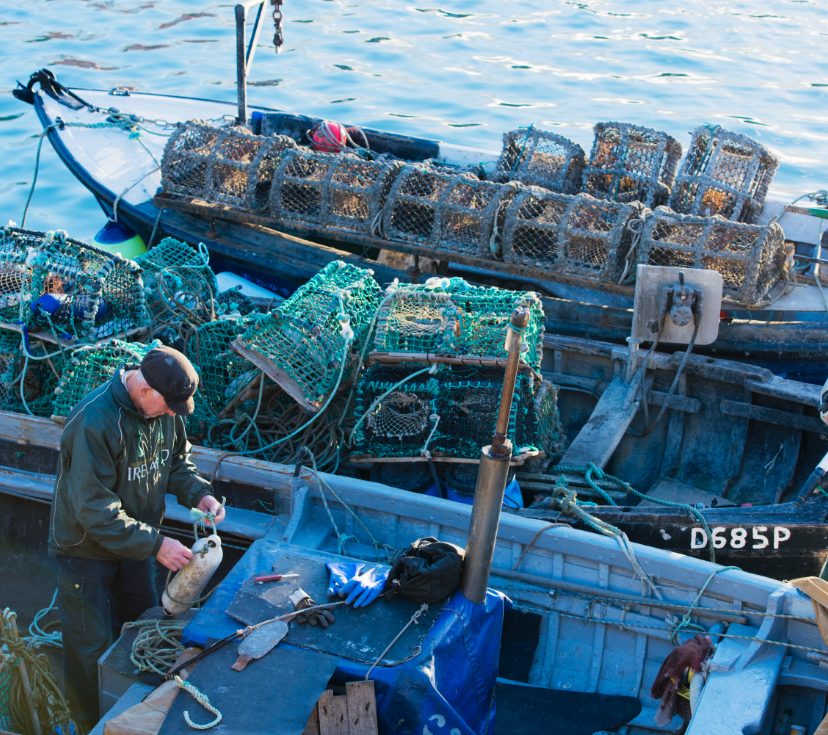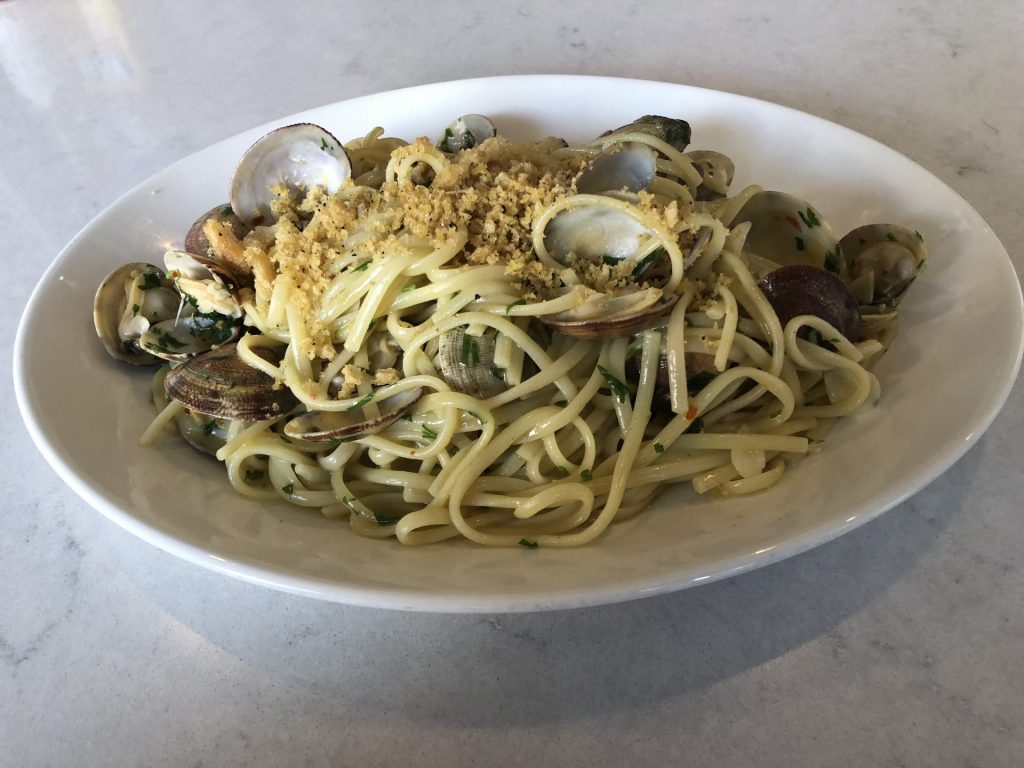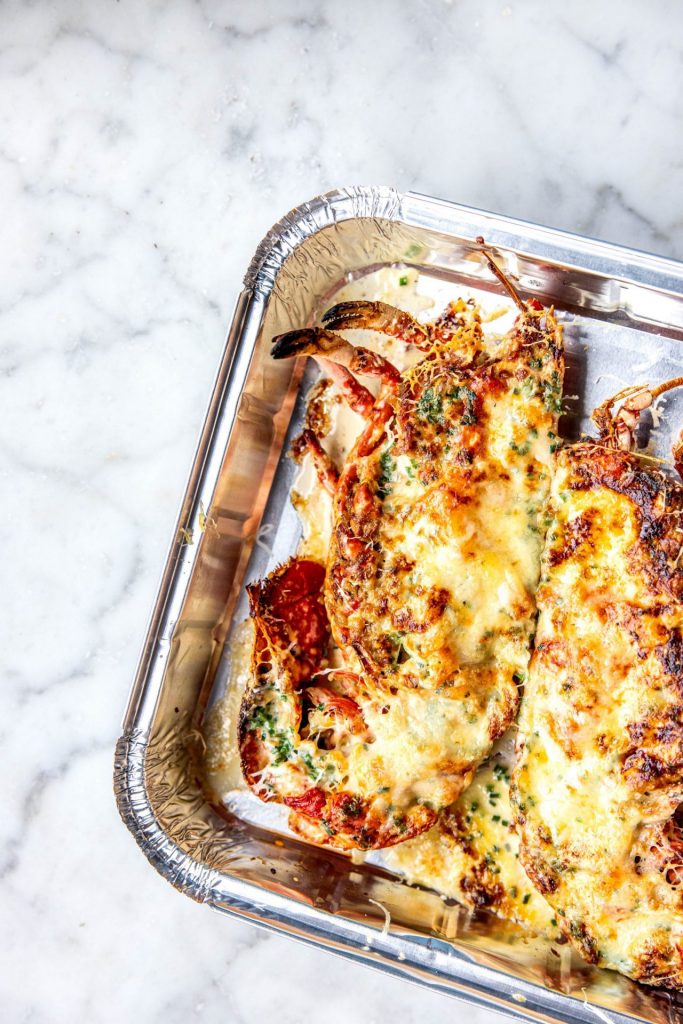There is a lot in a name. Click here to find out more about our Sustainablity policies and ongoing work
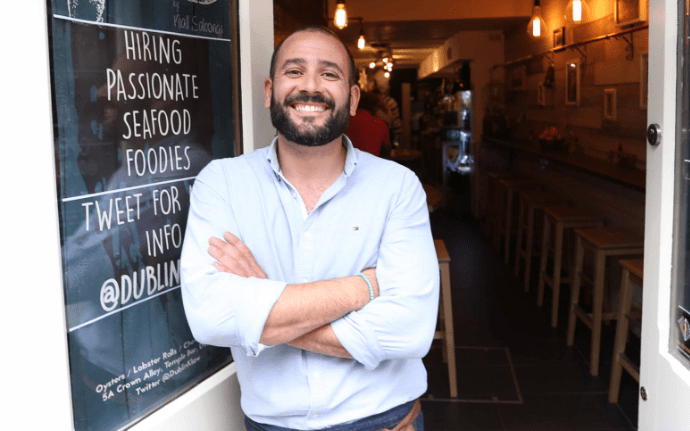
Sustainable Seafood Statement
Sustainable Seafood Statement
There are many definitions when it comes to sustainable seafood. For us as fishmongers, Chefs, seafood lovers and ocean stewards sustainability is about meeting the seafood needs of the people now and ensuring that our children, grandchildren and their Children and their grandchildren can enjoy our beautiful ocean and all it’s delicious seafood in the future.
Sustainability is an ongoing process with three core elements that are intrinsically linked and crucial to harmonise: economic growth, social inclusion and environmental protection. Now that doesn’t sound like it relates to us as a fishmonger at first glance, but here at SSI we support small scale fishers by getting our seafood exclusively from them. This helps them grow their business and we contribute to economic growth. By making local seafood affordable and accessible for everyone we do our part for social inclusion. And with our responsible near plastic free packaging and low-carbon footprint operation we demonstrate just 2 simple ways in which we actively protect our marine environment. Obviously, we do much more in regards to keeping our oceans safe and healthy.
Minimal Impact
Of course the seafood sector impacts the marine environment, but with three fundamental principles on sustainable fishing we keep this impact at a minimal level. At SSI we make sure that our fishing fleet only:
- Fishes from stocks with healthy populations
- Uses fishing gear that has minimal impact on the seabed and reduces by-catch
- Fishes in areas with effective, responsive and responsible management
Trawling
Trawling has been a traditional Irish fishing method for centuries (deep-sea trawling started in the 1830s). It is an invasive fishing methods as it damages the seafloor and it results in by-catch. But there are huge differences in trawling methods as well as the spatial and temporal extent of trawling. Supertrawlers for example, generally have massive trawls, go very deep and trawl for a long period of time – this causes a lot of damage to the seafloor and results in high by-catch numbers leaving a trail of devastation and destruction.
We work with local fishers on small boats that fish on a small scale. The boats have very strict rules on how long, where and how deep they can fish and are generally not designed for heavy duty trawling. BIM frequently carry out comparative studies on different trawling methods always aimed to reduce both by-catch and damage to the seafloor while effectively catching target species. We encourage our fishers to stay up to date with this development and work with those fishers who care about sustainability.
Local and Seasonal
As we are a sustainable seafood business you can trust that our seafood is either caught or farmed in ways that consider the long-term vitality of harvested species and the well-being of the oceans, as well as the livelihoods of our hard-working fishing-community. All our seafood is locally sourced and highly seasonal which means it’s caught when it tastes best and avoided during protection periods. So if we don’t have it, it’s not in season in our local waters.
Importance of Variety
Another incredibly important part of sustainable seafood is the variety of species that we eat. For each acre on land, Ireland has 10 acres under water which makes us an island nation with the richest seas in Europe. But we don’t appreciate our waters enough and the variety they offer. Instead we eat the top predators of the marine food-web: salmon, cod and tuna the tigers and lions of the sea. At SSI we put every effort into offering alternative seafood from lower down the food-web that might be off the beaten track sometimes, but comes from a healthy population in our local waters and can be fished without much impact or damage to the marine ecosystem beyond natural repair. You can buy our fish with a free conscience and we don’t sell any species that are endangered!
By encouraging you to eat local seafood from lower down the food-web and from a wider variety we’re also able to actively contribute to the UN sustainable development goal “Life below Water” (SDG14).
By-catch
Even with their best efforts to avoid it, our fishers have by-catch – it’s inevitable! By-catch is generally seafood that is caught unintentionally while catching target species and target sizes of fish. It contributes to fishery decline globally and is a serious issue ever since fisheries began. It will possibly never be resolved entirely. It’s as difficult as being tasked to stop carbon emissions completely. However, ongoing joined efforts in local, national, regional and global legislation strive to minimise this problem by implementing regulations, e.g. forcing fishing fleets to land all their catch (target and by-catch) and not discard unwanted seafood as sea. At SSI we offer this by-catch where and when appropriate and reasonable, because we believe that it’s better off on your plate than unappreciated in the bin. We’re also great advocates of using the entire fish and waste as little as possible. That’s why we take cod heads (usually a waste product) and turn them into a delicious cod head terrine (see our recipe here).
Traceability of our Seafood
Caught seafood
The fleet we work with is comprised of small scale fishing boats from Ireland’s coast. They have very strict controls on what they can catch, where from and how long they can spend at sea. Our commitment to providing safe, responsinly sourced seafood goes far beyond the sea, to doing better for our planet and its people. See our modern slavery policy here.
Farmed seafood
Fish farms have been in the bad press for long and for good reason. However, we don’t expect wild catel or sheep and we cannot expect the Ocean to just keep feeding our growing population. We need balance and Fish farming in our opnion must be supported so it can be given the oipertunity to improve and get better much as has our land farming practices and husbandry have over over the years.
Fish farm regulations and management in Europe and the UK have improved this industry quite a bit and made it more sustainable. For example, many farmed species nowadays are being reared in local environments with minimal impact, their feed consists of the food they naturally eat (where possible) and chemicals and drugs are avoided. In Ireland we’re very lucky that we have lots of naturally occurring sheltered bays due to our much indented coastline. This offers ideal habitats for aquacultures and makes closed systems to manage wastes possible. The farming of shellfiush is also actually of great benefit to our coadstline and seas.
If our seafood doesn’t come from Irish sources, we have reliable sources in the UK, France, Spain, Portugal, Norway, Iceland who all take sustainability as seriously as we do.
We pride ourselves with selling local seafood as much as we can. 90% of the seafood we offer is locally caught or from national mariculture (marine aquaculture).
The remaining 10% are bought in from from our neighbours in europe that we have great personal relatioships with.
Exciting research
We are the official food industry partner of Food Smart Dublin. It’s an innovative IRC (Irish Research Council) funded project based at the Centre for Environmental Humanities, Trinity College.
Our academic colleagues investigate how Dublin’s society can be encouraged to eat more sustainable seafood by tapping into local resources and historical Irish seafood recipes.
Have a look at their website for more details and test your cooking skills on old Irish seafood recipes.
Niall our CEO had role in the project to reimagine these old recipes and to transform them into appetising dishes that suit the modern pallet – check it out here. We also play a central role in the project’s work of assessing consumer responses to the recipes that are launched monthly on the FSD website.
Pulling our weight
A recent Nature publication by Duarte et al. (2020) reckons that the marine environment can be rebuild by 2050 if we all pull our weight. SSI is proudly pulling its weight by sourcing its seafood locally, in a seasonal and sustainable manner and by engaging in research to ensure our precious ocean can provide food for generations to com
Modern Slavery
SSI Modern Anti-Slavery Policy
Introduction
Sadly Modern Slavery of workers around the world is a real thing and this is why we are committed to improving our practices to combat slavery and human trafficking.
This statement is made pursuant to section 54(1) of the Modern Slavery Act 2015 in the UK.
Modern slavery is a crime and a violation of fundamental human rights. It takes various
forms such as slavery, forced and compulsory labour and human trafficking.
SSI does not tolerate any instances of modern slavery in any of its business practices or within its supply chain.
Organisational structure
SSI is a wholesale/retail seafood business with its headquarters and premises in Unit 9
Willsborough Business Centre, Clonshaugh Industrial Estate, D17T854. Our office and
factory team work from this space and our delivery team depart and return to the factory
each day.
Our supply chains
We source our fish from all over Ireland, Scotland, UK, Europe and sometimes further afield . We are proud to have links in all over the British Isles especially our links into Cornwall, where we have access to super linecaught species such as Sea Bass and Sea bream. Our main source is the East coast of Ireland,where we work with small independent boats and larger processors and Co-ops.
We also work with great small day boats in Donegal, Sligo, Arranmore and many more locations.
Our policies on slavery and human trafficking
We are committed to ensuring that there is no modern-day slavery or human trafficking in
our supply chains or in any part of our business.
All suppliers and employees are responsible for reporting any suspected or actual instances
of human trafficking, slavery or exploitation in any area of our business or dealings with
other businesses.
Our Modern Slavery and Human Trafficking Policy shows our commitment to acting ethically
and with integrity in all our business relationships.
Modern Slavery and Human Trafficking policy Statement
As part of our objectives to identify and eliminate risk we conduct risk assessments of our
supply chains. We have in place systems to:
• Identify and assess potential risk areas in our supply chains.
• Implement best practice in dealing with any issues related to modern day slavery
and human trafficking.
• Encourage employees/suppliers to report of any suspected acts of human trafficking,
enforced labour and exploitation or slavery within our business or in our supply
chains.
Supplier commitment to our policy
We encourage and expect our suppliers and labour providers to comply with best practice in
tackling modern slavery and human trafficking.
Training
To ensure a high level of understanding of the risks of modern slavery and human trafficking
in our supply chains and our business, we have provided training to our team on the
Modern Slavery Act. We would expect our business partners to ensure those responsible
within their organisations are aware of their responsibilities to address modern slavery.
Lobster
Sustainability of Irish Lobster Fishery
Here at SSI, we only support and sell products that are 100% sustainable & ethical, and focus on the
local domestic market. We aim to support fish stocks, fishing communities and our heritage through
or processes.
As an island we are so lucky to have the bounty of the seas to enjoy and we feel is vital that we
support this so future generations can enjoy the sea as we do. One item we are lucky to have on our
door step is the Irish Blue Lobster.
These lobsters are fished for, us by very small vessels around the coast. The fishers that man these
vessels are mainly generational lobster men and many of them 3rd and 4th generation, so they like us,
have a very vested interest the care of the lobster stocks. They therefore follow very strict rules on
fishing lobster and use the very low impact method of fishing by small had made pots. Lobster
fishing is very much part of our heritage and DNA. So much so, that Irish law allows every Irish
citizen is allowed own and fish for lobster and crab without a licence. ( Max one Lobster per day for
personal consumption and not for sale )
Lobster fishing is currently sustainable in Ireland. The biggest impact on the environment with this
fishing method by pots and creels, is the fuel and energy consumption by the small scale fishing
boats. It allows for any by-catch such as undersized, egg-bearing females or immature animals to be
returned to sea alive. This is also true for other by-catch such as dogfish and crabs, which are usually
alive when landed and can be returned to sea without harm. Damage to the seafloor is minimal.
Since 1994 the tails of young female lobsters carrying eggs have to be marked with a v-notch and
returned to the sea, where they can continue to breed for another 2 – 4 years (until the v-notch has
grown out). In Ireland and the UK it is illegal to catch and keep any lobster with a v-notched tail. It is
also illegal to land lobsters smaller than 87mm carapace length. i.e. the length between the back eye
socket and the most posterior edge of the shell. Furthermore, it is strongly encouraged to return
specimens that are larger than 127mm carapace length. Every fisher is obliged to have a gauge
measure on board for direct assessment and we here in SSI also double check this on site.
All our lobsters are transported to us as fast as possible in chilled vans under seaweed, so the
animals are not stressed and then they are stored in our custom build Sea Tanks, which are perfect
environments for the lobsters to be stored and therefore the most ethical way to keep and care for
them, until sold.
This all ensures sustainability.
For more info visit: BIM’s Handling and Quality Guide for the European Lobster
http://www.bim.ie/media/bim/content/downloads/BIM,Lobster,Handling,and,Quality,Guide.pdf
Marine Plastic
Here at Sustainable Seafood Ireland (SSI), we are committed to being a leader in the sustainable seafood industry and to protecting the marine environment. We recognize the impact that marine plastic pollution has on the health and well-being of marine life, ecosystems, and human communities, and we are taking action to prevent and reduce it.
One of the major sources of marine plastic pollution is styrofoam, which is used widely in the seafood industry for packaging and transportation. We are committed to reducing our use of styrofoam and to finding alternatives that are more environmentally friendly. To that end, we have implemented a zero styrofoam out policy, which means that we do not use any styrofoam in our operations or products, and we do not allow any styrofoam to be shipped out of our facility.
In addition, we have implemented a program to compress and recycle all the styrofoam that is shipped to our facility, to ensure that it is properly managed and disposed of, and to reduce its environmental impact.
As a wholesale company, we have a responsibility to ensure that the seafood products we sell are sustainably and responsibly sourced and produced. Almost all the vessels we work with and buy fish from are involved in BIM’s Fishing for Litter initiative, which is making a huge difference in reducing marine litter and plastic pollution. Through this initiative, they have collected over 500 tons of litter from the local seas, and we are proud to support their efforts.
We have established policies and procedures to ensure that our seafood meets the highest standards for sustainability, traceability, and transparency, and that it does not contribute to marine plastic pollution. We are also committed to using and promoting the use of alternatives to single-use plastic packaging and containers, such as biodegradable, compostable, or recycled materials. We work closely with our suppliers and partners to minimize the release of microplastics into the marine environment, and to implement best practices in waste management and filtration systems.
In 2023, we hope to start a social project where we will organize beach cleaning events with our team and customers. We believe that everyone has a role to play in protecting the oceans and the creatures that live in them, and we are committed to engaging with our customers, employees, suppliers, and local communities to raise awareness and take action on marine plastic pollution and sustainable seafood. Together, we can make a difference and create a healthier and more sustainable future for all.
